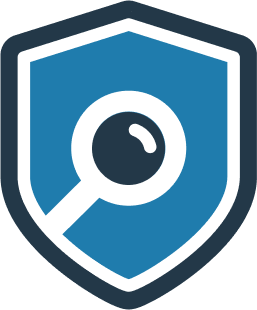Newly Registered Domains
Why You Should Be Cautious Around New Websites
Domains that were registered very recently are often linked to scams, phishing attempts, or low-trust activities. Since scammers frequently register new websites to impersonate trusted brands or set up short-lived operations, being cautious with newly registered domains is an essential layer of online protection.

Why Are Newly Registered Domains Risky?
- Impersonation: Scammers may use new domains to mimic well-known brands or services.
- Short-Lived Campaigns: Fraudulent websites often exist for days or weeks before being taken down.
- Lack of History: Without a track record, it’s hard to determine if a site is safe or reputable.
How to Spot a Newly Registered Domain:
- Use a Domain Checker: Tools like ScamAvert can help you see when a domain was first registered.
- No Reviews or Reputation: Most new domains won’t have trusted reviews or mentions online.
- Claims That Don’t Add Up: If the site says it's well established but the domain is days old, it’s a red flag.
How to Protect Yourself:
- Be Skeptical of New Sites: Especially if they ask for payment, personal details, or promise big returns.
- Double Check URLs: New domains pretending to be known companies often have slight variations in the name.
- Avoid Entering Sensitive Data: Don’t give out payment or ID information on unverified websites.
- Look for Trust Signals: Established contact details, verified reviews, and HTTPS are minimum requirements.
- Report Suspicious Domains: Help protect others by reporting new scam domains to ScamAvert or authorities.
A brand-new website is not necessarily dangerous, but combined with suspicious behavior, it can be a serious warning sign. ScamAvert helps you identify and stay safe from newly registered domains used for scams, phishing, and deception.
Still worried about online scams?
If something doesn’t feel right, you don’t have to deal with it alone. Get instant guidance from ScamAvert AI, or try the free Open Beta app for ongoing protection.
No credit card required
